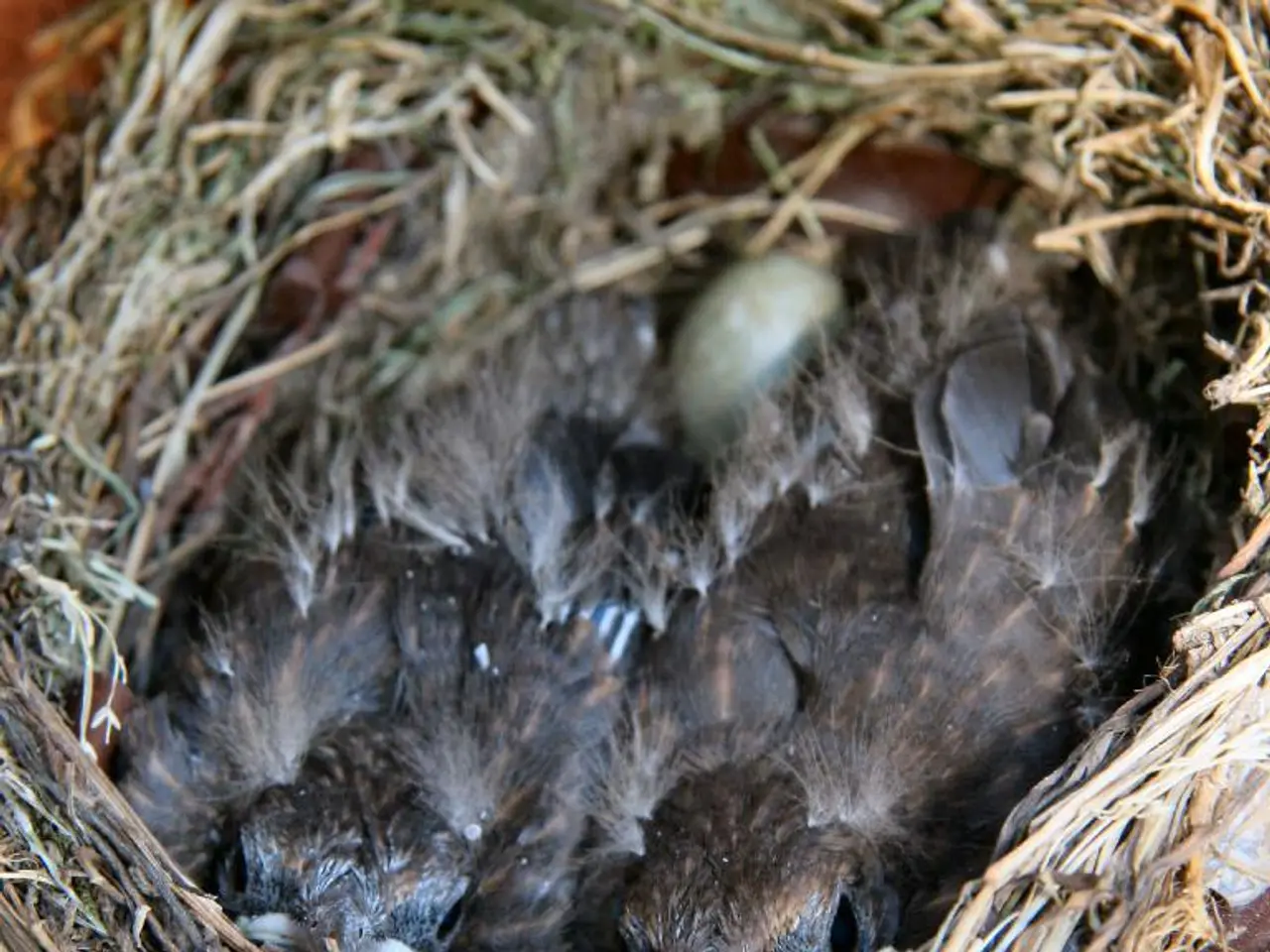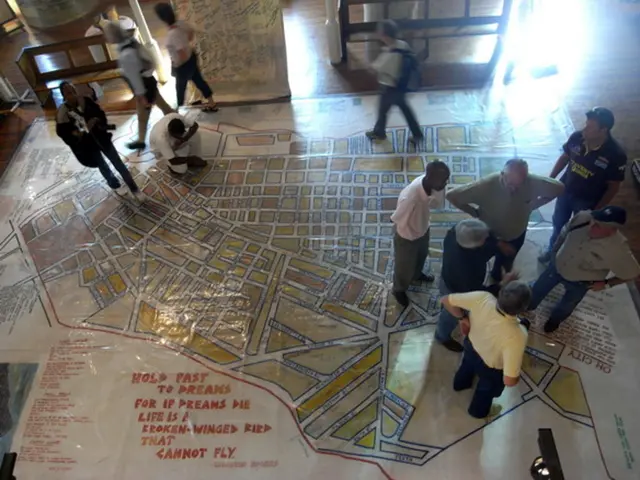Researchers Edge Closer to Reviving Extinct Dodo Bird Species
In a groundbreaking development, Colossal Biosciences, a Texas-based biotech company, is leading an effort to revive the dodo, a bird species that became extinct over three centuries ago. This initiative represents a new frontier in biodiversity restoration and the science of bringing back lost species.
The revival of the dodo could restore the ecological presence of the species, potentially mitigating some of the biodiversity losses caused by human activity. Colossal frames its work within a conservation-driven paradigm, focusing on results rather than labels.
The company's co-founder, Ben Lamm, declared that a series of recent breakthroughs, including the successful cultivation of pigeon primordial germ cells (PGCs) in the lab, could make functional dodo resurrection feasible within the next five to seven years. PGCs are essential for bird genetic engineering because birds cannot be cloned like mammals.
To produce birds that carry the genetic traits of extinct species, the researchers have to edit their 'germ cells' and then breed those edited cells into the next generation. The Nicobar pigeon is being used as a template for recreating dodo traits through precise genetic edits.
Scientists are using chickens as surrogate parents to generate offspring with dodo-like characteristics. The goal of functional de-extinction is not to produce a perfect genetic replica but to recreate key traits that allow the bird to fulfill its original ecological role.
The research process involves optimising germ cell development by testing hundreds of combinations of growth factors and molecules. Colossal is collaborating with local researchers in Mauritius to ensure that any revived birds are integrated safely into the ecosystem.
This research is being reported by Gizmodo and is part of a broader team of scientists, drawing on recent advances in avian genetics and functional de-extinction studies from Colossal Biosciences. The team has sequenced the genomes of the Rodrigues solitaire and the Nicobar pigeon to aid in the genetic engineering process.
However, the definition of revival and the role of humans in conservation are being questioned in relation to functional de-extinction. Some argue that it's not just about bringing back extinct species but also about understanding their ecological roles and learning from them to preserve existing biodiversity.
The revival of the dodo is hoped to generate public interest in science and conservation, inspiring a new generation to take part in efforts to protect and preserve our planet's biodiversity.
Read also:
- Tata Motors Establishes 25,000 Electric Vehicle Charging Stations Nationwide in India
- Tesla's Nevada workforce has escalated to a daily output of 1,000 Powerwall units.
- AI-Enhanced Battery-Swapping Station in Southeast Asia Officially Opens Its Doors
- G7 leaders convene prior to the upcoming Hiroshima Summit, under the guidance of JAMA heads.








